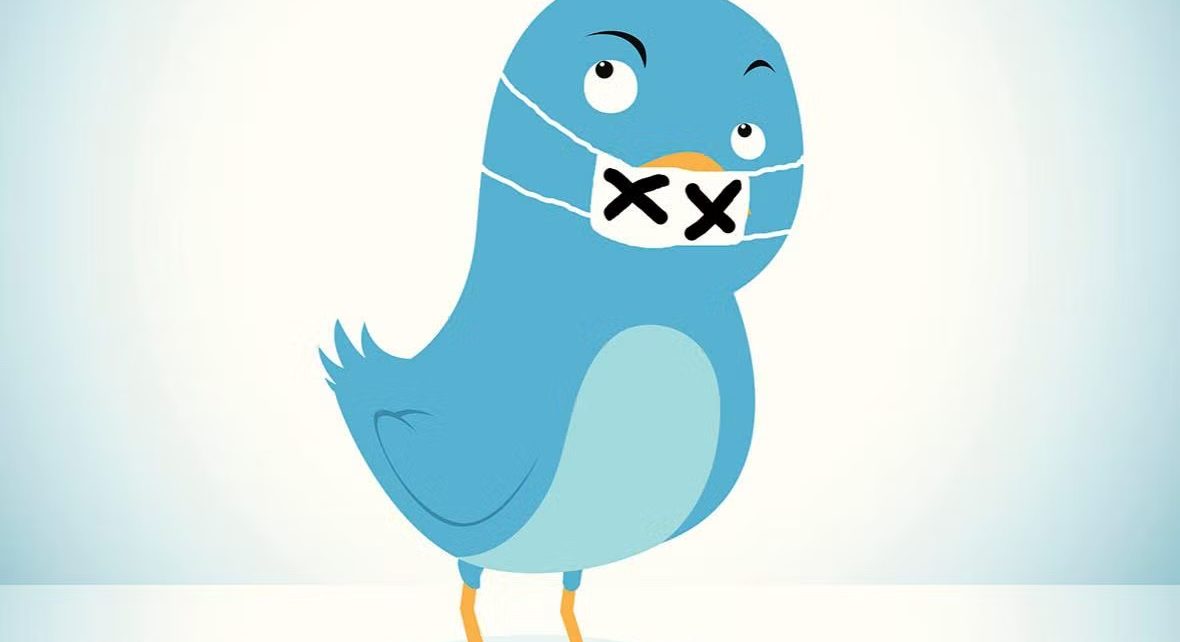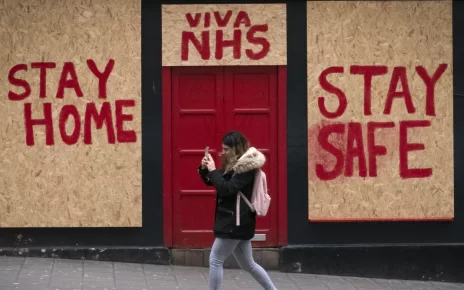Free speech isn’t a difficult concept to understand. It’s literally two words. Free speech. The freedom to say what you wish without censorship or retribution. There must be limitations of course, for example asking someone to break the law. But short of that, if Elon, as he has said, is serious about making Twitter a free speech platform, here are three (3) simple ways to make this happen. This isn’t rocket-science, Elon:
- Allow permanently suspended users to return to the platform and improve the appeals process.
The natural first step in restoring Twitter to a free speech platform is to restore the accounts of users who were wrongfully removed from the platform.
And, yes, naturally, this includes the 45th president of the United States. Hundreds of thousands of users have been unfairly de-platformed by the previous Twitter team—with absolutely no way to return to the platform. Previously suspended users should now receive an email to file a support ticket to begin the process of rejoining the platform. Once the ticket is filed, the user should be allowed back on within seven days.
The only individuals who should remain suspended and should be permanently suspended in the future are those who used Twitter to violate the law. The appeals process must also be improved so that Twitter employees are required to follow up with users rather than just sending them an automated email or no email at all.
- Reform the penalties and enforcement actions for policy violations.
The next step should be to prevent this from happening again by changing Twitter’s rules and the enforcement actions that are taken against users so that they cannot be weaponized. Currently/previously, Twitter has the unfettered ability to permanently ban users for any reason or for no reason at all. While Twitter’s specific policies on what constitutes a violation are also problematic and should also be addressed, reforming the enforcement actions would be a more immediate and effective step.
Twitter’s policy and trust lead, Vijaya Gadde, lied openly to the public before he was fired: “It’s a very rare occasion where we will outright suspend someone without any sort of warning or any sort of ability to understand what happened.” We objectively know that is not the case. Permanent suspensions should be rare and only be reserved for the most severe violations, like illegal behavior or impersonation. Someone who Tweets an edgy meme or joke should not receive the same punishment as someone who posts a death threat.
My suggestion for a policy change would be to completely eliminate permanent suspensions for any offenses that don’t involve violation of the law, or impersonation of other users.
For all other non-serious offenses, a “timeout” based penalty that increases with each infraction within a specified period of time is sufficient. For example, 12 hours for a first offense, three days for a second, seven days for a third, one month for a fourth and so on. After the “timeout” is served the offense should stay on the user’s account as a strike for 90 days at which point it would be removed. This would be an easy way to prevent bad actors from using an account to repeatedly violate rules intentionally while at the same time not unfairly punishing regular users.
Twitter should also be required to identify the violating piece of content and what rule was violated in each case.
- Turn the focus of policy to empower the user to control their own experience on the platform.
The problem with Twitter’s (previous) policies is that they are/were written in a way that makes it seem as though the company is responsible for every piece of content on their site when, in fact, that’s what separates a platform from a publisher. So instead of encouraging users to report posts that simply offend them, Twitter should empower users to curate their experience to see what they want to see and to hide what they don’t. Grown adults do not need “Fact Checkers” or speech police to hide content they deem to be controversial. This is a nonsense policy put in place only to appease Washington DC. This is what happens when government tries to put pressure on a company without respecting the free speech guidelines it’s very founders set up to govern its people. It’s not the way the world works, and it’s an unrealistic expectation for a social media platform with millions of users on it.
Twitter already has a number of features that help users control what they see such as blocking, the ability to mute certain words and users and more, but the issue is that they don’t encourage users to use them as much as they emphasize reporting offensive content. Users should also be given the option to have a chronological or curated timeline. Giving users more control of features will lead to a better overall experience for everyone on the platform.
These three suggestions will not completely save Twitter, but they would significantly improve the direction of the platform. While Elon has Tweeted polls about suggestions for new features and changes, we all know he didn’t spend billions just to lobby for an edit button. If he truly wants more free speech on Twitter, let’s see more demands and actions to prove it.

